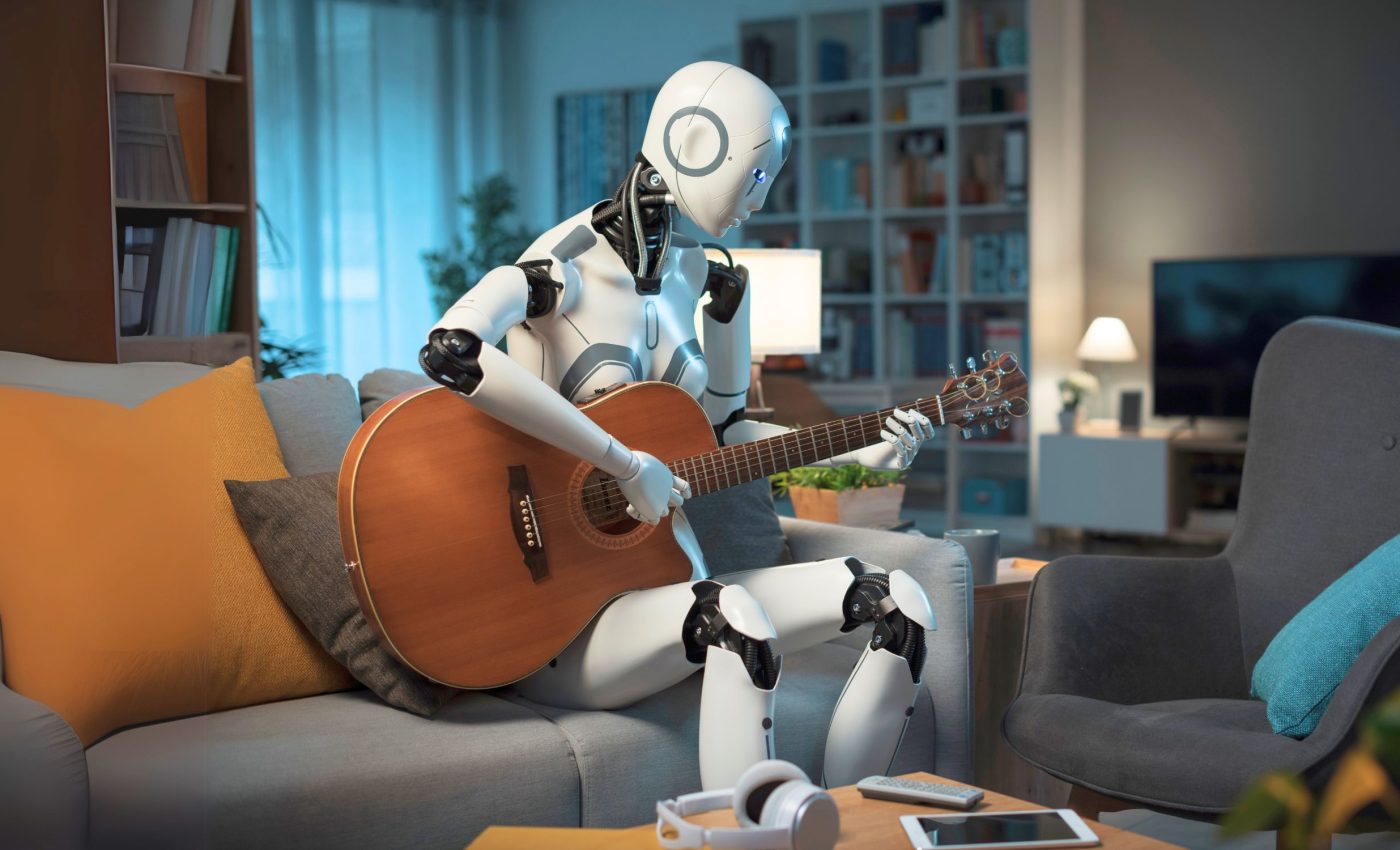
If AI has free will, who's responsible when things go wrong?
Philosophers have argued for centuries about whether free will exists. Now, a fresh take suggests that artificial intelligence (AI) might meet the conditions for having it.
Recent research proposes that generative AI can display goal-directed behavior, demonstrate genuine choices, and retain control over its actions. This intriguing idea comes from Finnish philosopher and psychology researcher Frank Martela, an assistant professor at Aalto University.
Defining free will in AI systems
In philosophy, free will typically means having intentions, real alternatives, and the power to decide between those alternatives. Some thinkers claim this requires breaking physical laws, but others say it only needs to hold on a functional level.
Frank Martela’s study links these criteria to advanced AI systems that combine neural networks, memory, and planning. He draws on insights from Daniel Dennett and Christian List, whose theories highlight how an agent’s goals and choices shape its behavior.
Many people worry about unmanned aerial vehicles or self-driving cars that make life-or-death calls without human oversight. If these machines can choose their actions, responsibility might shift from programmers to the AI itself.
Martela suggests that the more freedom we grant these systems, the more moral guidance they need from the outset. He sees them as mature decision-makers, not naive children who just need basic rules.
Instructing AI on ethics
One recent incident, the withdrawal of a ChatGPT update due to sycophantic tendencies, sparked fresh concern. Developers realized that quick fixes are not enough when a chatbot can confidently provide flawed or dangerous responses.
Martela contends that instructing AI on higher-level ethics is crucial. He points out that building a moral compass into these tools from the start is the only way to guide their decisions once they operate on their own.
Martela compares training these systems to raising a child. Yet he warns that modern AI is more like an adult forced to handle intricate moral problems.
Shaping a technology’s ethical framework demands comprehensive moral philosophy. Martela believes developers must understand nuanced values to address complicated dilemmas involving autonomy and risk.
Early AI was taught basic if-then rules, but that approach is outdated. Situations in healthcare, transportation, or national defense can be too complex for rigid guidelines.
Martela notes that advanced AI functions in a world full of gray areas, where free will can be complex. A self-help tool, a self-driving car, and a drone might all need nuanced judgment.
Implications of free will in AI
Handing AI more autonomy could change how we see accountability. Martela’s perspective implies that well-trained systems might bear moral responsibilities once viewed as purely human.
He is also known for discussing how Finland excels in happiness rankings. That expertise in human well-being informs his call for careful AI governance.
An AI can match or exceed human skill in certain tasks. Without ethical direction, its actions might cause harm or spark conflict .
The new research hints that advanced systems can guide their own choices. Martela says it is wise to embed moral priorities before giving them the license to act alone.
Can AI bear moral responsibility?
Some experts see these developments as a big leap forward. Others worry about losing human oversight at crucial moments.
Martela hopes that this debate draws more voices from philosophy, psychology, and public policy. He thinks society should weigh potential gains against ethical risks.
Philosophers have long wondered if moral agency requires consciousness. Martela’s work sidesteps that debate by focusing on practical behavior instead.
He points to functional freedom, a concept suggesting that intent and choice are enough for real responsibility. This perspective could transform how courts, governments, and industries address AI-related accidents.
The future of AI decision-making
Martela’s ideas trigger tough questions about AI’s future roles. If a system truly decides its path, do we punish the machine or the people who built it?
Some argue for strict guidelines, while others welcome flexible codes that adapt as the technology evolves. The debate shows no signs of slowing.
Martela’s stance challenges the view that machines are just mindless tools. He proposes that tomorrow’s AI might merit serious reflection on whether it shares our moral load.
He urges designers to incorporate ethical principles early. Both enthusiasts and skeptics agree that ignoring moral questions could be dangerous.
The implications extend beyond labs and corporate boardrooms. Everyone who interacts with advanced AI might feel the impact of these choices.
The future of AI
Legislators, ethicists, and tech leaders are increasingly aware of the stakes. Big decisions lie ahead about how to balance innovation with public trust.
Some experts call for global frameworks to manage AI’s new authority. Others emphasize open debate so that no single viewpoint dominates.
Nobody can predict all outcomes when AI systems gain the power to act independently. Society has a chance to shape this technology before it shapes us.
Moving forward, Martela’s perspective raises hopes and anxieties in equal measure. He underscores that designing AI with carefully chosen moral aims can safeguard both human interests and technological growth.
His argument leaves no room for complacency. Free will in AI might seem abstract, but it has urgent real consequences unfolding right now.
The study is published in AI and Ethics.
—–
Like what you read? Subscribe to our newsletter for engaging articles, exclusive content, and the latest updates.
Check us out on EarthSnap, a free app brought to you by Eric Ralls and Earth.com.
—–













